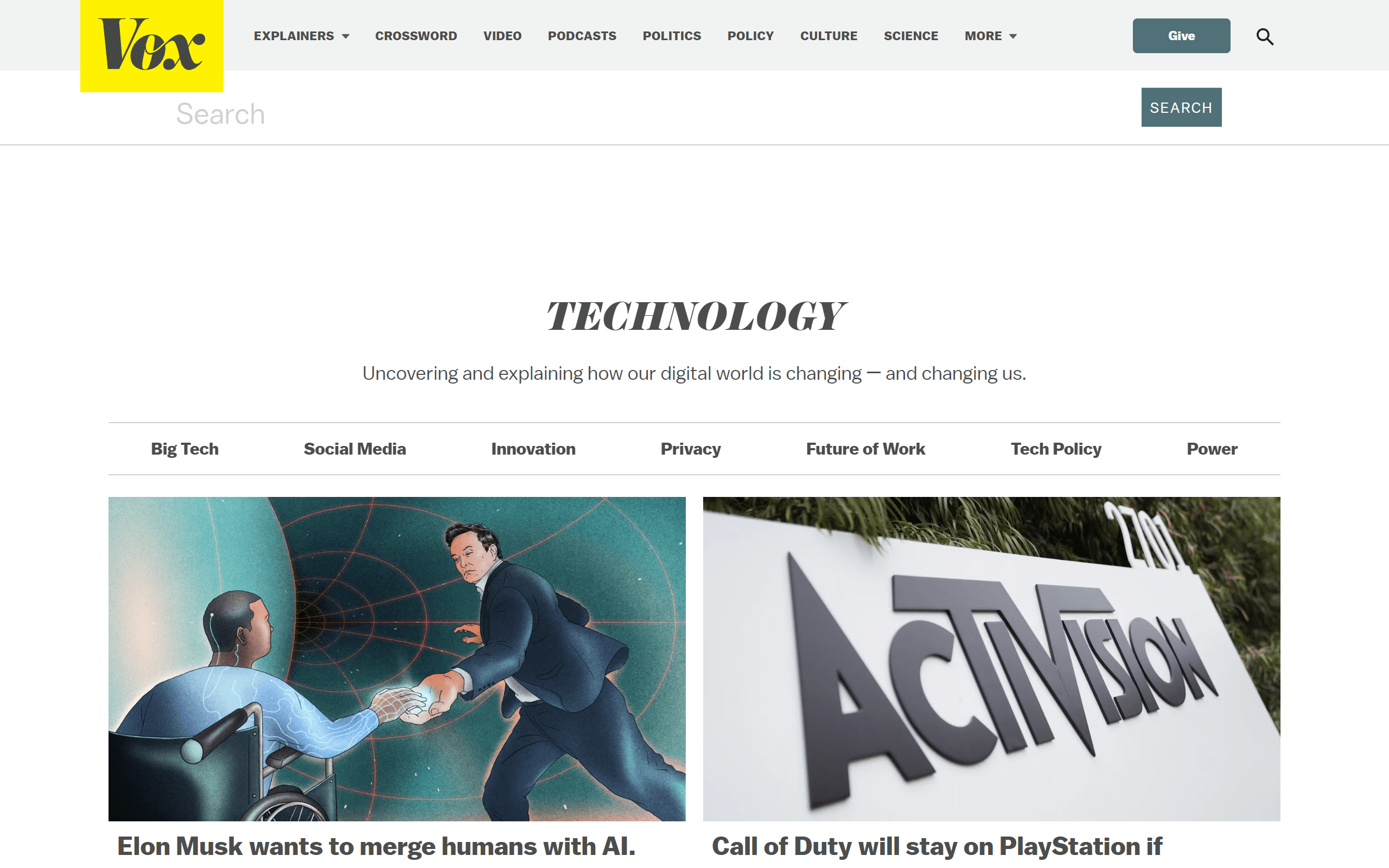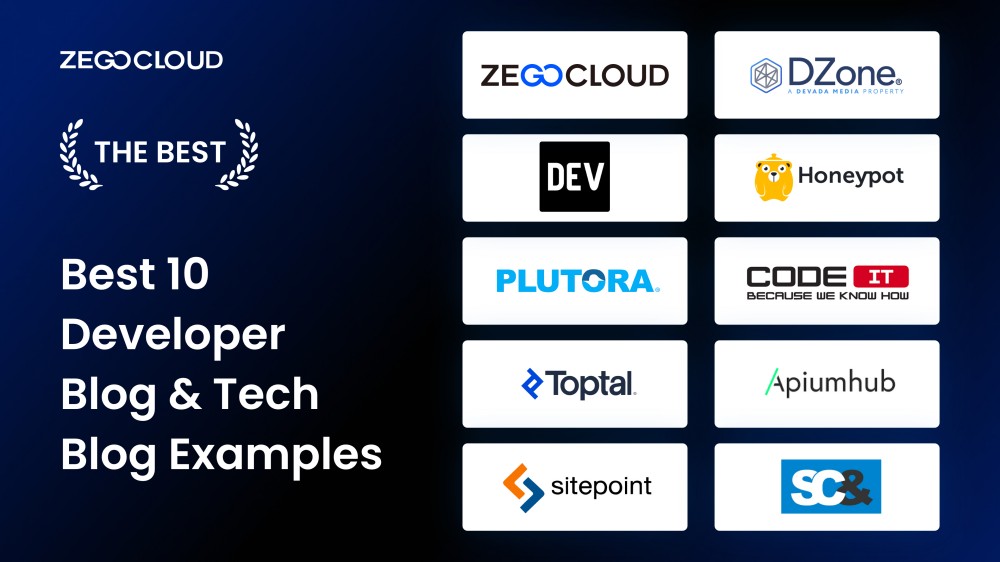Discover Hidden Treasures in the Industry with the Best tech blog Recommendations
Discover Hidden Treasures in the Industry with the Best tech blog Recommendations
Blog Article
How Blockchain Technology Is Revolutionizing Data Safety
Blockchain technology is basically changing the landscape of data protection by presenting a decentralized framework that promises boosted openness and durability. Unlike standard systems, which rely on central data databases, blockchain distributes data across a network, minimizing vulnerabilities and solitary factors of failing. The use of sophisticated cryptographic techniques makes certain that information remains tamper-proof, cultivating trust fund amongst stakeholders and users.
The Fundamentals of Blockchain
Blockchain modern technology, an innovative concept in digital information administration, fundamentally changes just how information is kept and protected. At its core, a blockchain is a distributed ledger that videotapes deals throughout a network of computers, ensuring transparency and immutability.
Trick to understanding blockchain is the hashing procedure, which encrypts transaction information right into an unique alphanumeric code. This cryptographic feature makes certain that any kind of alteration in the purchase information leads to a totally various hash, therefore guarding against meddling. The agreement device, another vital part, validates and validates new deals via a network of nodes, thus eliminating the demand for a centralized authority.
Furthermore, blockchain's append-only framework ensures that information, once included, can not be deleted or changed. This particular guarantees a proven and permanent document of transactions, fostering count on among participants. As a result, blockchain gives a robust framework for data integrity, providing industries a dependable method for tracking and handling digital info in a safe, transparent manner.
Decentralization and Safety And Security
Decentralization, a core principle of blockchain technology, considerably improves information safety by dispersing control across a network rather than depending on a singular, centralized entity. By spreading information across many nodes, blockchain guarantees that even if one node is compromised, the whole network stays safe.

Additionally, decentralization encourages individuals with better control over their data. Each individual in the network has accessibility to the whole blockchain, allowing them to confirm and examine purchases individually. This transparency promotes count on amongst individuals, as they do not have to rely upon a central authority to make sure data stability. In general, decentralization is critical in boosting information safety and security in blockchain networks.

Cryptographic Methods
At the heart of blockchain technology, cryptographic techniques play a crucial role in securing data, ensuring both privacy and integrity. Cryptography in blockchain uses a mix of uneven and symmetric formulas to encrypt data, making it accessible only to licensed events.
Hash functions are an additional important element, transforming input information into a fixed-size string of personalities, efficiently developing a distinct digital finger print for every block. This ensures that any kind of effort to alter the information will certainly lead to an entirely various hash, thus maintaining the immutability of the blockchain. Digital signatures verify the authenticity and honesty of deals, supplying a layer of non-repudiation.
The decentralized nature of blockchain, incorporated with robust cryptographic strategies, removes the requirement for intermediaries, reducing prospective vulnerabilities. As blockchain technology progresses, improvements in cryptography such as zero-knowledge evidence and homomorphic security remain to enhance safety actions, further strengthening information protection in this revolutionary digital ledger system.
Use Instances Across Industries

In the health care industry, blockchain makes sure the safe storage space and sharing of individual documents, advertising interoperability while protecting delicate information from unapproved access. This modern technology encourages individuals with control over their case history and assists in seamless sychronisation amongst doctor.
Supply chain management benefits dramatically from blockchain's unalterable journal, which makes certain traceability and authenticity of items from beginning to customer. By enhancing openness, blockchain assists reduce issues such as counterfeiting and unethical sourcing.
Additionally, blockchain's decentralized nature is improving the power sector by making it possible for peer-to-peer power trading, where click now customers can deal excess renewable resource straight. This cultivates an extra lasting and efficient power environment.
In the realm of copyright, blockchain provides a tamper-proof system for makers to register and secure their works, guaranteeing rightful acknowledgment and reasonable payment. These diverse use situations underscore blockchain's role as a critical force in redefining information protection across industries.
Future of Information Security
As we look to the future of information defense, blockchain modern technology is poised to play an essential role in protecting digital information. With its decentralized and immutable attributes, blockchain click for source uses a robust structure for securing delicate data against unapproved gain access to and cyber risks. This technology ensures that when data is taped, it is nearly impossible to change without discovery, hence offering a substantial advantage over conventional information storage techniques.
The integration of blockchain with various other advanced modern technologies, such as man-made knowledge and the Internet of Points (IoT), is expected to boost information defense approaches further. By leveraging smart contracts, organizations can automate and impose safety and security procedures, minimizing human mistake and boosting performance. Additionally, blockchain's capacity to offer clear and deducible purchases will certainly bolster depend on and liability in information administration methods.
As regulatory landscapes advance, blockchain's compliance-friendly nature will certainly become increasingly appropriate. It can help companies satisfy rigid information protection guidelines, such as the General Data Security Policy (GDPR) and the California Consumer Privacy Act (CCPA), by providing proven records of information handling tasks. Inevitably, blockchain's unique features setting it as a transformative tool in the ongoing pursuit to safeguard the digital globe versus ever-evolving cyber risks.
Verdict
Blockchain innovation represents a standard change in information protection by leveraging decentralization and cryptographic strategies to enhance openness, trust fund, and data honesty. As cyber threats progress, blockchain arises as an essential device for durable information security across various markets.
Blockchain technology is essentially changing the landscape of data safety by presenting a decentralized framework that see this website guarantees improved openness and durability. Unlike traditional systems, which count on central data repositories, blockchain disperses data across a network, lessening susceptabilities and solitary factors of failing.Decentralization, a core principle of blockchain technology, substantially improves data safety by dispersing control throughout a network instead than relying on a particular, centralized entity.At the heart of blockchain modern technology, cryptographic strategies play a crucial duty in protecting data, making sure both confidentiality and integrity.Blockchain modern technology stands for a standard change in data security by leveraging decentralization and cryptographic methods to improve transparency, trust fund, and information integrity.
Report this page